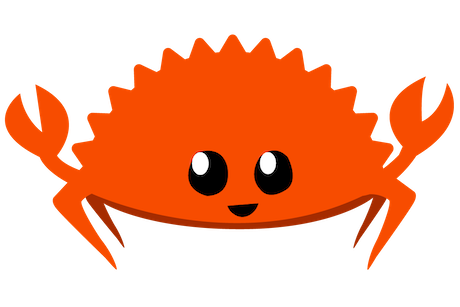Advent of Code 2022: Learning Rust
My first ever (proper) language was Java, learned during my first BSc year. C, Python and Haskell would also make appearances during the course. A brief sum of my opinions:
- Java - it’s like home, might not be the best but it’s good for everything
- C - powerful language, love the low-level stuff, hate pointers and memory allocation
- Python - good for quick implementations, and not my cup of tea
- Haskell - love functional programming and the powerful type system
Moving to my MSc I delved into the session types niche. It was mostly Haskell and FreeST (if we ignore all theoretical stuff). FreeST was part of my thesis, and was a part of my academic life since I started at LASIGE. A part of it that was fascinating (since I fully understood it) was the concept of linearity, where some variables must be used (or consumed) exactly one time. Linearity is essential when it comes to ensuring communication goes according a pre-defined protocol, but also for resources that must be closed such as files.
Working with linearity and session types made me remember a small language called Rust. I used Rust a single time when trying to emulate FreeST’s channels, but I’ve already hear of it’s C-like performance and great features but mostly because of it’s borrowing system which eliminates most of C’s memory headaches. For me it seemed to be the best of both worlds.
Now that I’m on vacation, it seems to be the perfect time to start learning this new language. Usually, it would be best if a book (perhaps the official online book ) or a tutorial. However, my arrogance tells me to just dive in and start doing interesting things. Instead of thinking and designing a project completely blind of Rust’s features, what better way to learn and do something fun than completing Advent of Code 2022?
There are a total of 25 days an 2 parts per day, a total of 50 code challenges. I’ll be doing them all in Rust as best as I can trying to improve each day. You can see my progress in my portfolio where I’ll be documenting each day, i.e. problem, solving said problem and its coding in Rust. Any major breakthrough or collection of smaller ones might deserve a proper post in the future, but until then I’ll be crabbing around.

